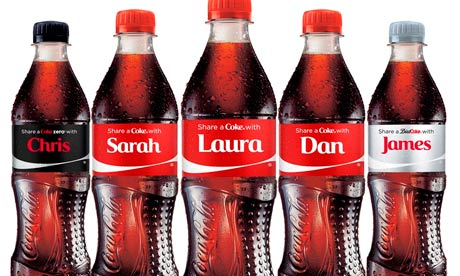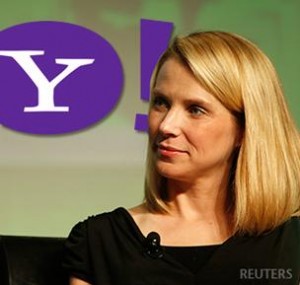Yahoo has yet again implemented a new company policy which requires managers to rank employee performance on a bell curve then firing those on the low end.The use of forced ranking systems has been on the decline since the 1980’s, and research has shown employee performance can not accurately be represented by a bell curve. This system of ranking forces managers to rank employees unrealistically, with high performers sometimes being labeled as mediocre.
A video talking about this issue: http://video.foxbusiness.com/v/2839597140001/is-it-fair-to-rank-employees-and-fire-those-at-the-bottom/
While this new policy can be seen as a way to motivate staff to perform better, a lot of negative effects can result from the execution of this system. Employees will face increased pressure and the workplace will become highly competitive as employees try to outdo one another in order to keep their jobs. This is not conducive to a positive work environment where teamwork and communication are should be thriving. Furthermore, the risk of being ranked low will prevent employees from taking risks, and disgruntled employees will start producing lower quality work and have decreased company loyalty. Unhappy staff results in poorer customer service, which will be noticed by Yahoo customers who may take their business to other companies as a result.









